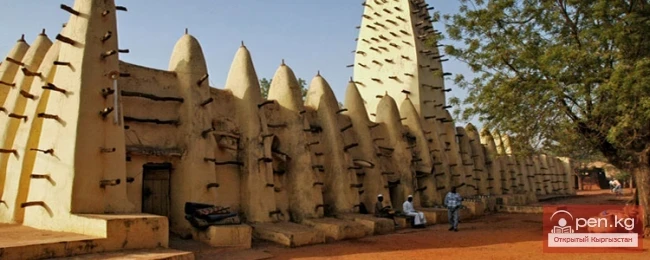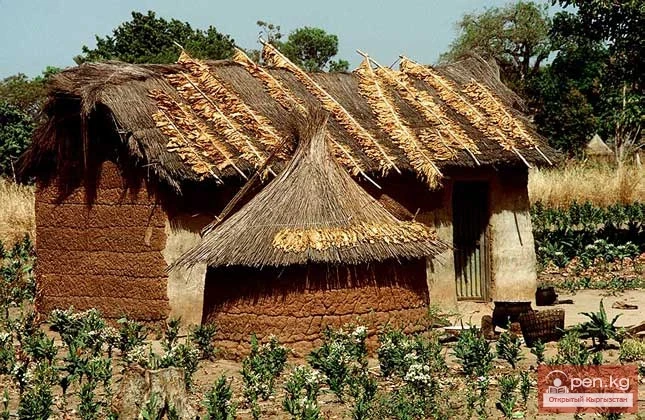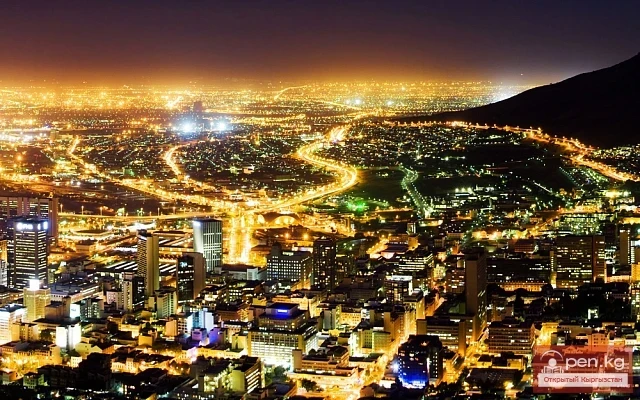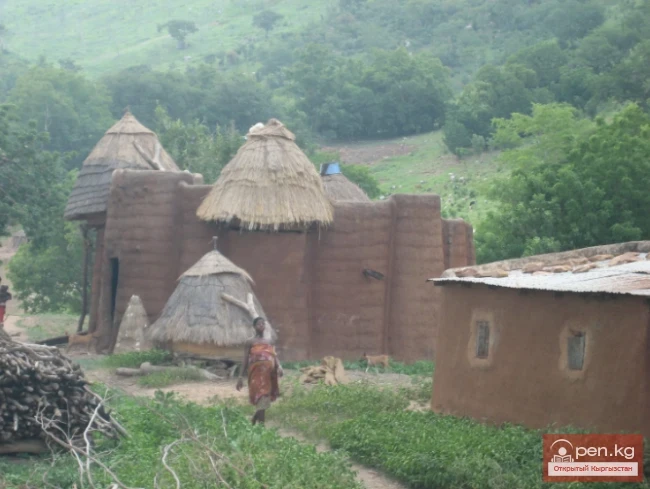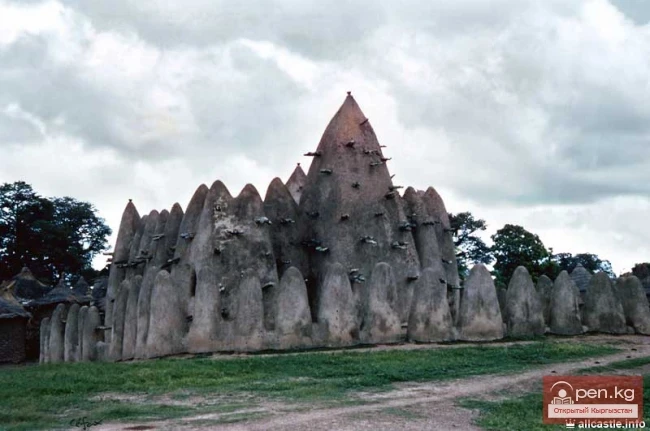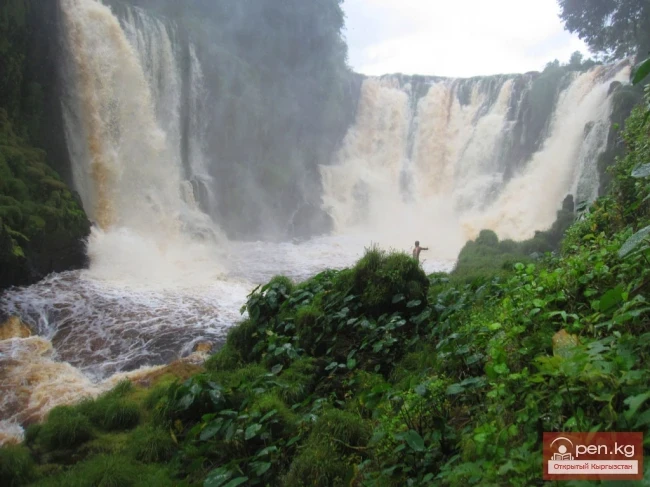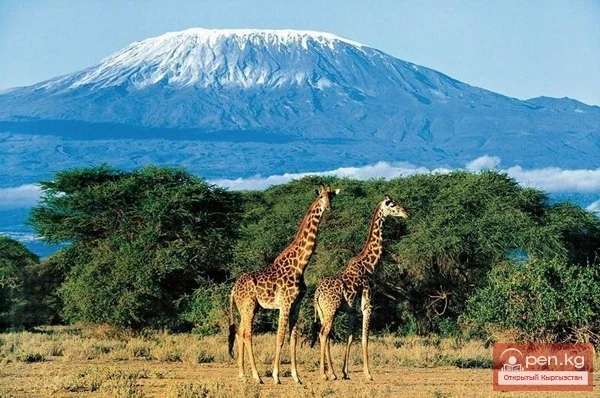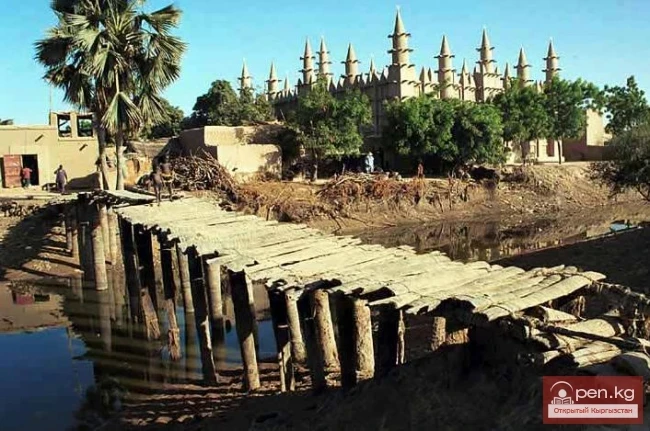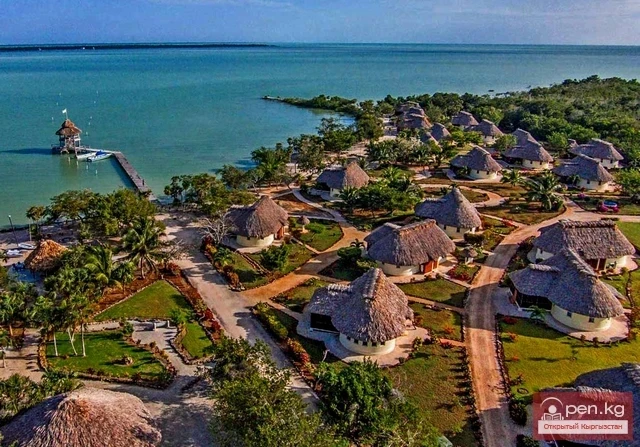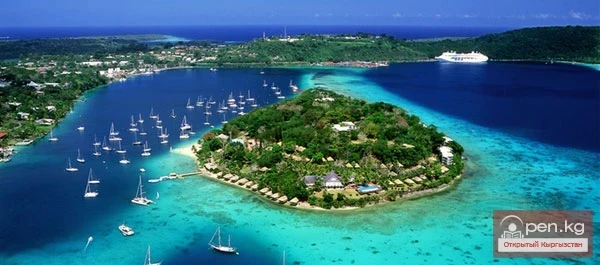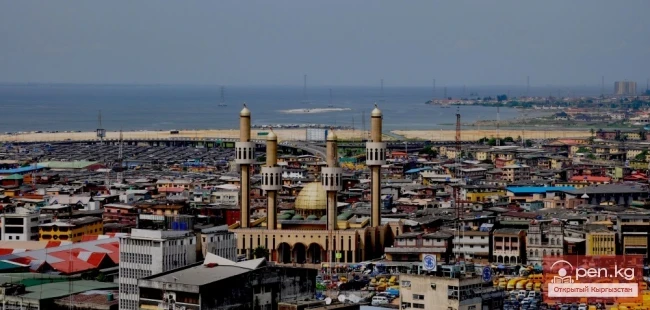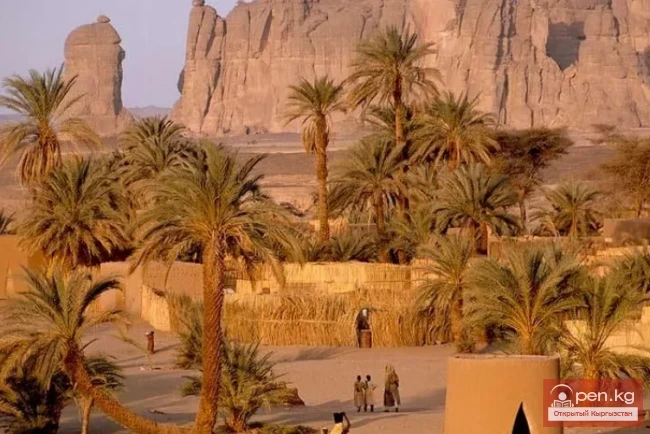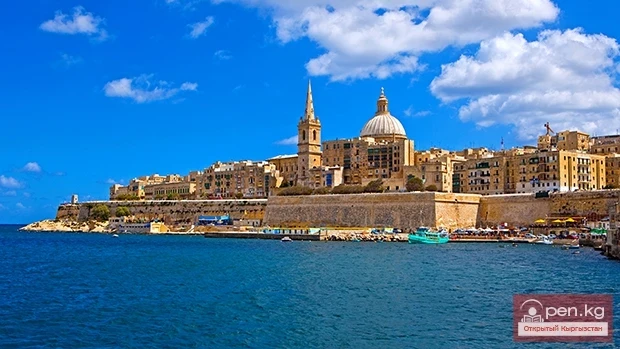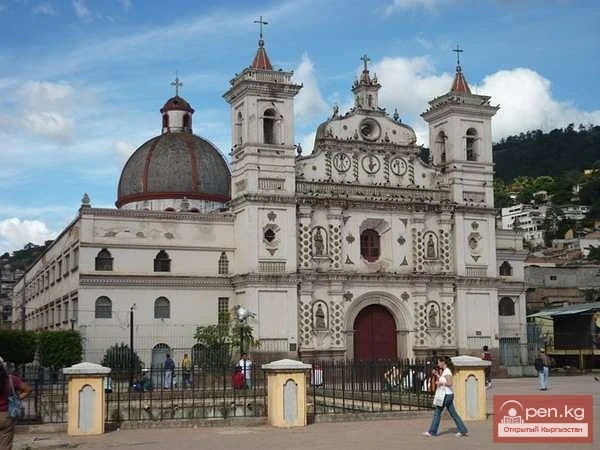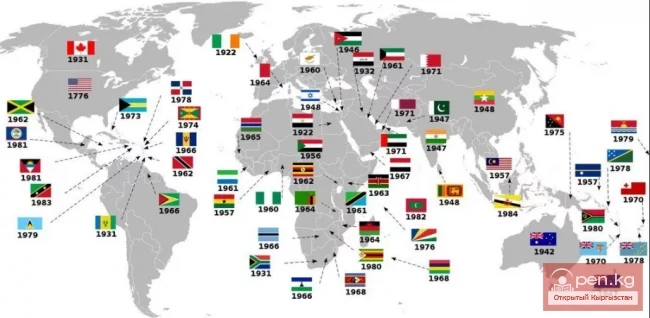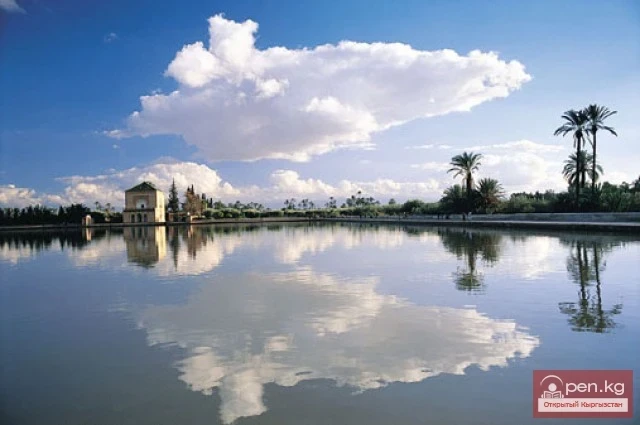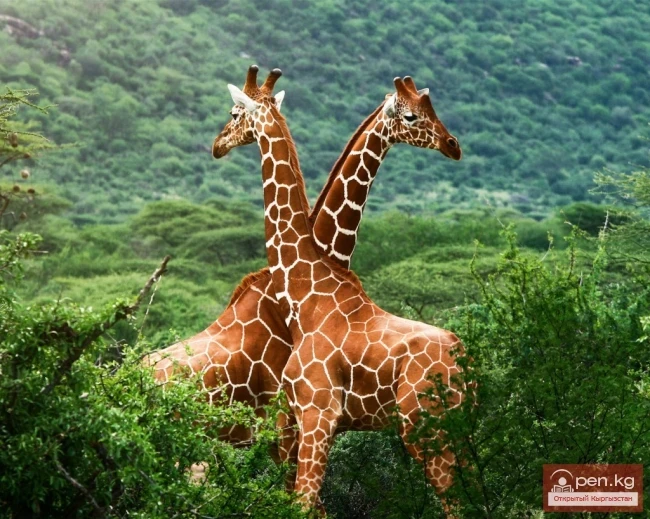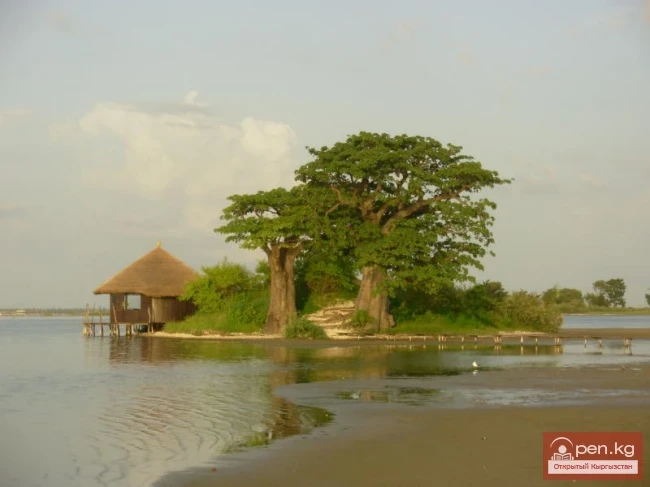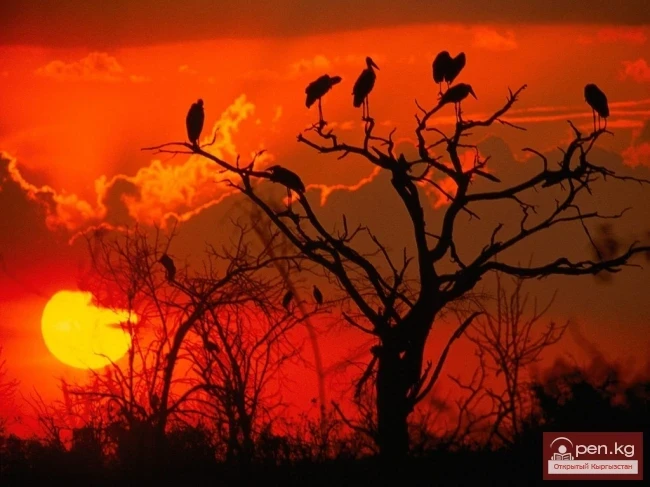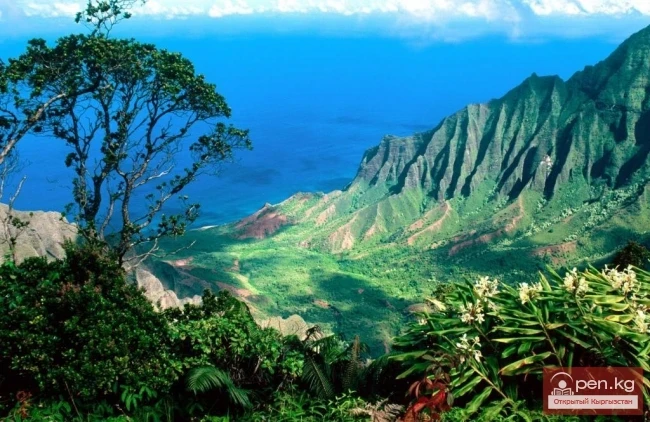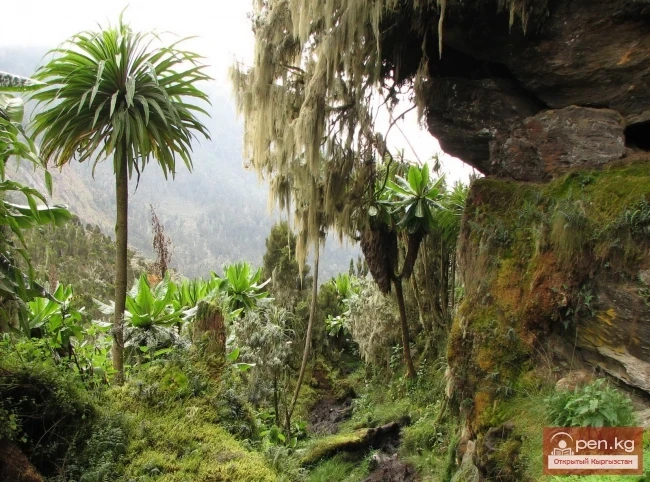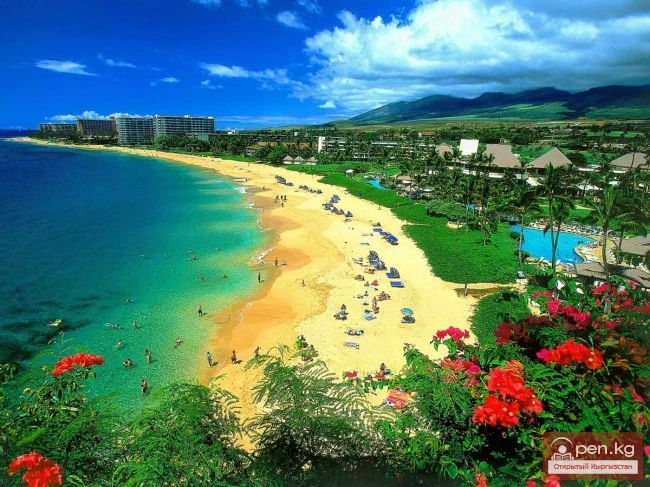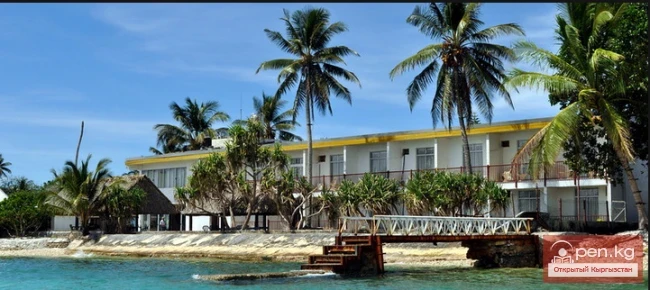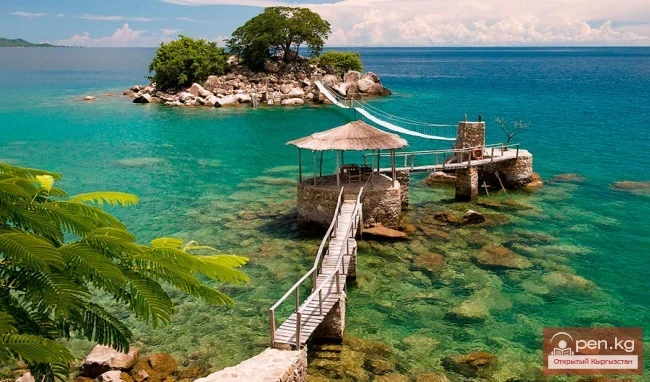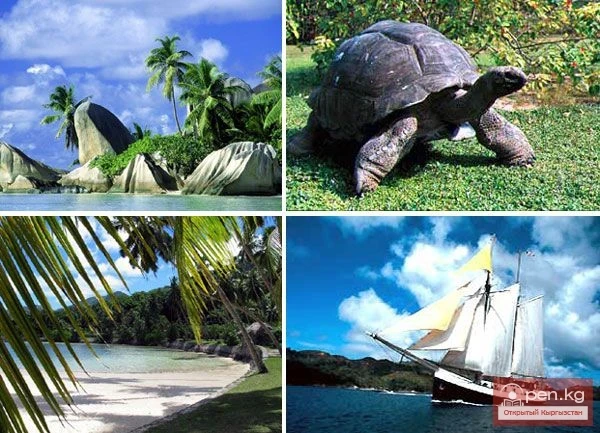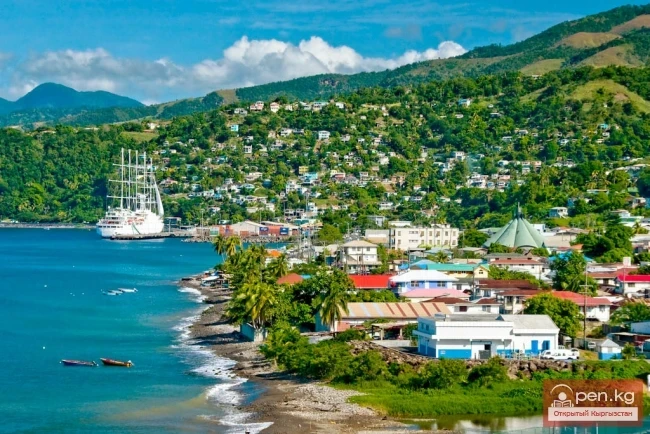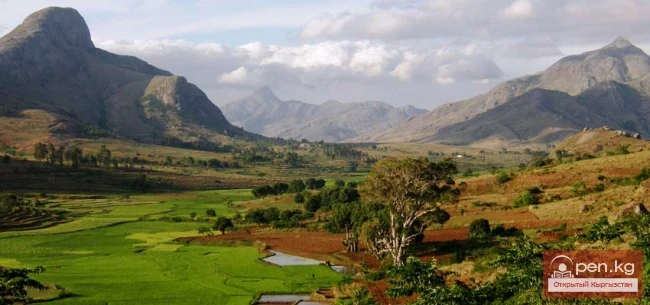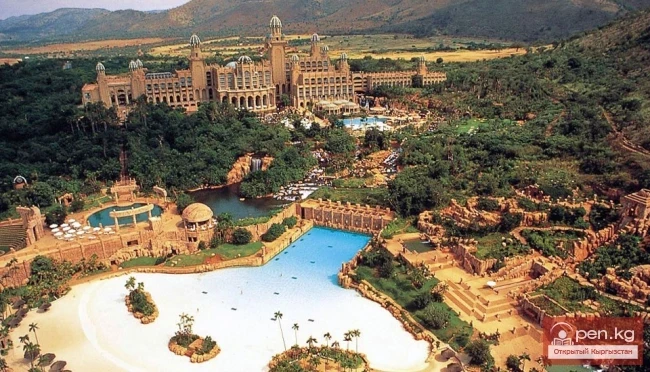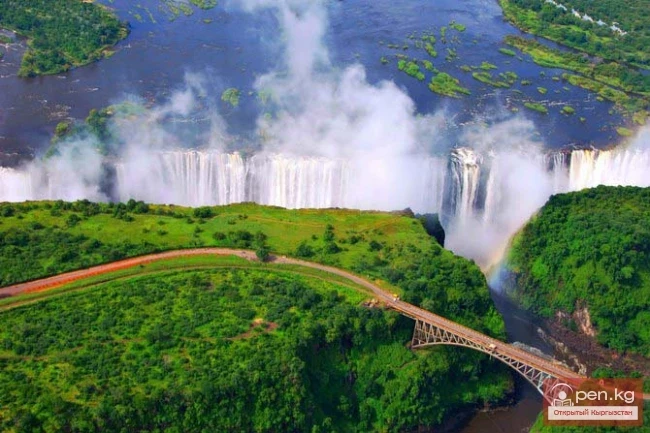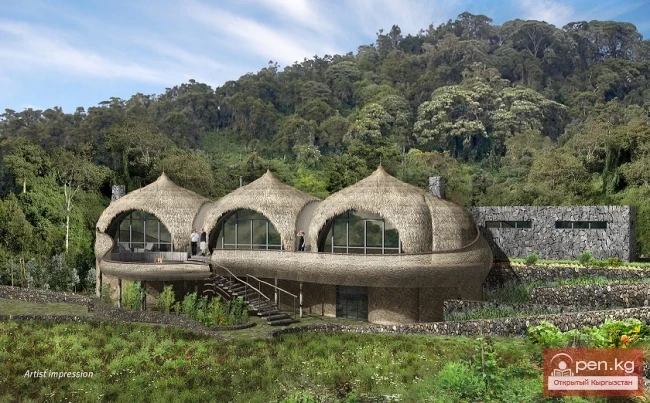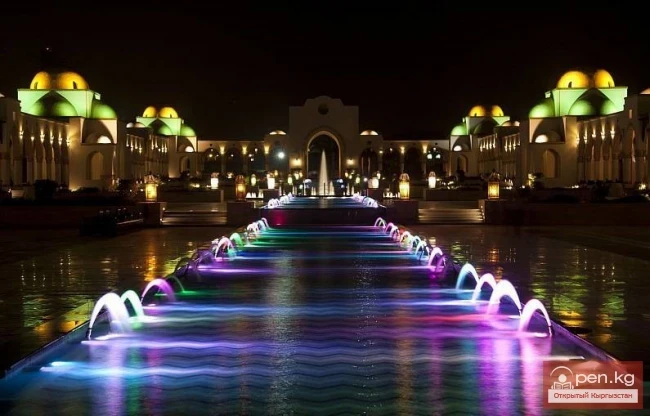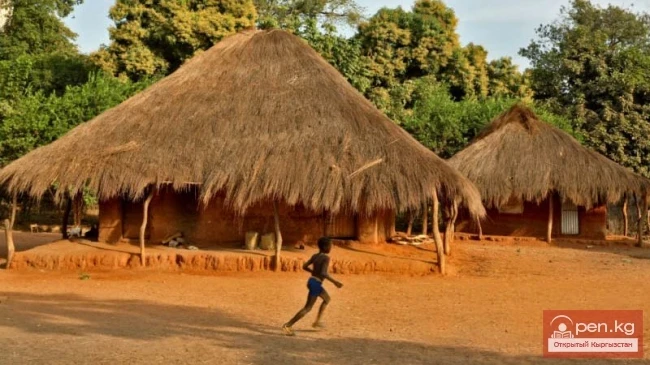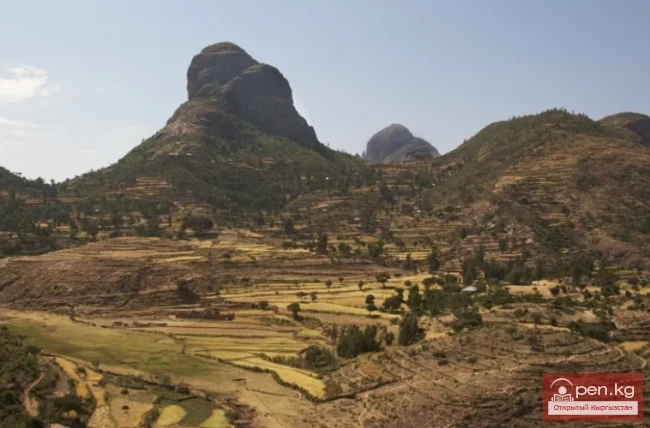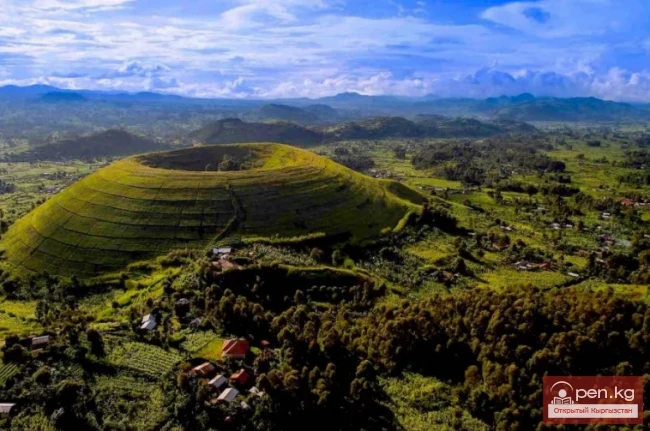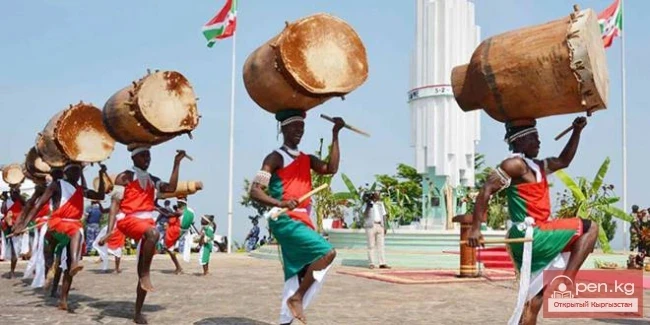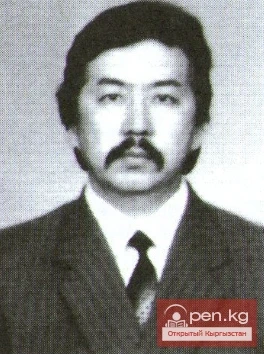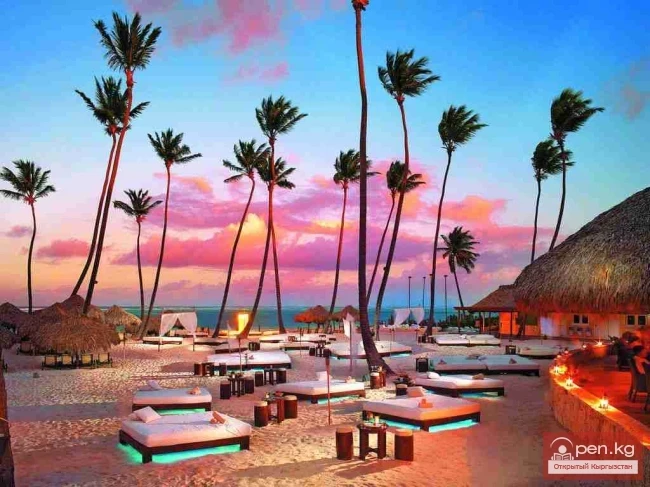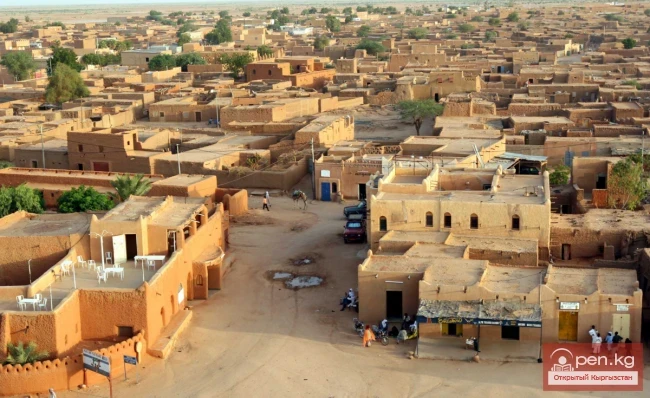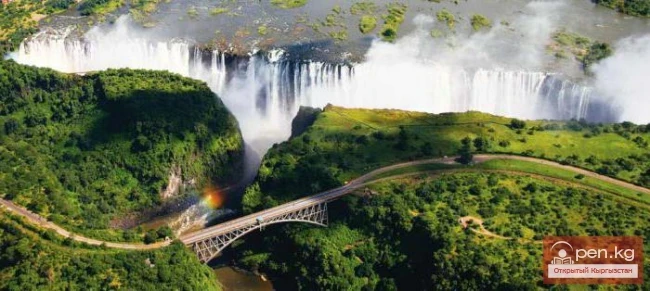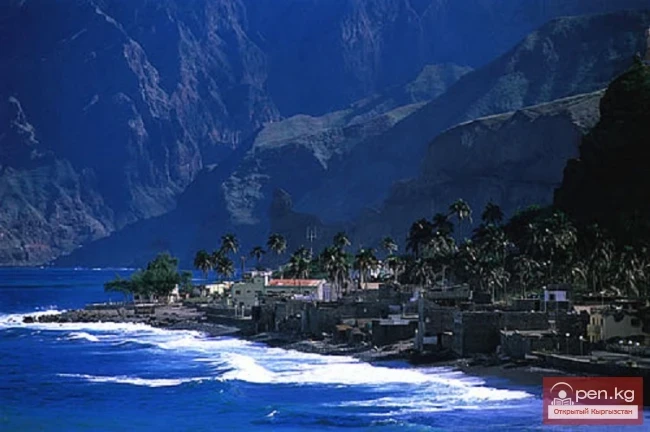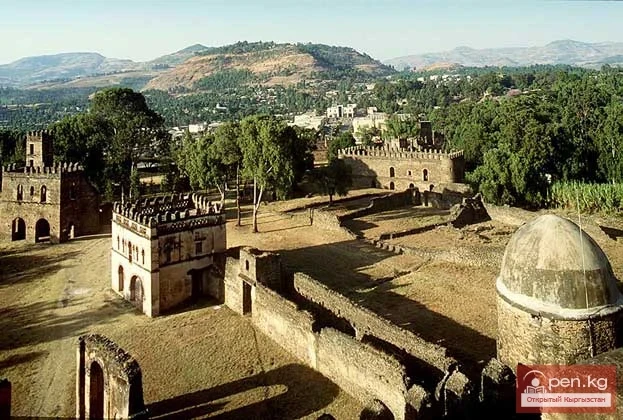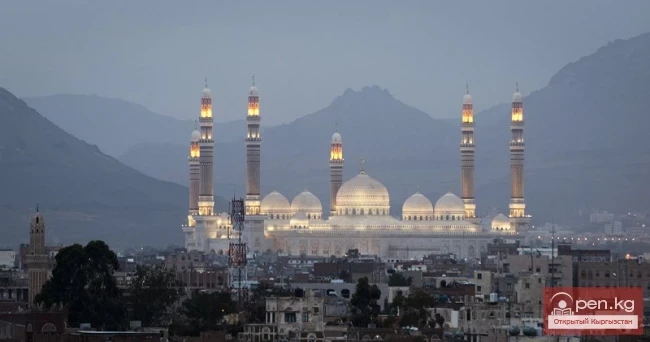Burkina Faso
The state in West Africa, Burkina Faso translates from my language as "the land of honest people"; its former name was Upper Volta.
It borders Mali to the north, Côte d'Ivoire to the west, Togo and Benin to the south, and Niger to the east. The area is 274,400 km².
The capital is Ouagadougou (approximately 1 million). The administrative division consists of 13 regions, 44 provinces, and 350 departments. The population is 11.9 million.
The most numerous ethnic group is the Mossi (over 30%), with around 100 ethnicities in total. The institution of local chiefs plays a significant role in society. Religion: the majority of the population adheres to traditional beliefs, alongside which Islam (35%) and Christianity (15%) are practiced. The official language is French. The currency is the CFA franc (656 CFA francs = 1 euro).
It has diplomatic relations with the Russian Federation (established with the USSR on November 18, 1967).
The national holiday is December 11 - the Day of the Proclamation of the Republic (1993).
The first state formations on the territory of Burkina Faso emerged in the early Middle Ages. By the 15th century, the Mossi state was among the most powerful in West Africa and existed until the late 19th century. From 1904, it was a colony of France. Independence was proclaimed on August 5, 1960.
Burkina Faso is a presidential republic. According to the 1991 constitution (partially amended in 2000), the head of state is elected for 7 years without restrictions on the number of terms in office. The president is Blaise Compaoré (since 1991, re-elected for a second term in 1998).
The Prime Minister (appointed by the president) is Paramanga Ernest Yonli (since 2000), who heads the single-party government formed in June 2002. Legislative power belongs to the unicameral parliament - the National Assembly, elected for 5 years (111 deputies).
In the parliamentary elections held in May 2002, the ruling Congress for Democracy and Progress (CDP) won by a narrow margin, obtaining 57 parliamentary mandates. The opposition secured 54 seats in parliament, including the Alliance for Democracy and Federalism. The African Democratic Assembly - 17, the block of the Party for Democracy and Progress with the Socialist Party - 10. Having lost the qualified majority of 3/4 of the votes, which previously ensured the implementation of many important decisions, the ruling regime, however, retains the right to form a single-party government.
The 1991 constitution enshrines the principle of multipartyism in the country. More than 60 political parties are registered, the leading one being the CDP.
The internal political situation in the country is generally stable. In the autumn of 2003, the situation somewhat escalated due to the arrest of a group of former presidential guard officers accused of attempting a coup d'état.
In May 2004, the parliamentary majority from the CDP approved a new Electoral Code. A proportional system for parliamentary elections has been introduced, and now deputies of the National Assembly will be elected from regional lists, which significantly narrows the opportunities for opposition parties to be represented in parliament, as many of them do not have their branches at the provincial level.
Events in Côte d'Ivoire (2002) had a negative impact on the economy of Burkina Faso. Due to the reorientation of transport and trade flows from Abidjan (Côte d'Ivoire) to Lomé (Togo) and Accra (Ghana), there was an increase in the price index, inflation rose, and there were interruptions in the supply of consumer goods and energy resources.
According to the UN classification, Burkina Faso is among the least developed countries in the world (46.4% of the country's population lives below the poverty line). The GDP per capita is 240 euros per year. Economic growth in 2004 was 2.9%. Only 10% of the active population has permanent jobs. The inflation rate in 2004 was 4.5%. Burkina Faso's external debt reaches 900 million USD.
The government's consistency in implementing structural adjustment policies ensures the country receives foreign aid and loans, which significantly form the budget.
Agriculture, in which 86% of the economically active population is engaged, produces 40% of GDP and provides 60% of export revenues. The leading sectors are the production of cotton and grains (sorghum, corn, rice), shea nuts, and sugarcane. Livestock also plays a significant role (10% of GDP). Good harvests in recent years have allowed the leadership of Burkina Faso to significantly address the country's food self-sufficiency issues.
Industry (27.5% of GDP, 5.4% of the economically active population) is mainly represented by enterprises processing agricultural raw materials. In recent years, significant investments have been directed to the mining sector (15% of GDP and 15% of foreign currency revenues). This sector of the economy showed the highest growth rates in 2003 - 17.8%. Among the discovered minerals, manganese, gold (about 210 tons), phosphates (about 80 million tons - the Kodjari deposit), white bauxite (about 4.6 million tons), nickel, lead, copper, vanadium, titanium manganese, antimony, and marble should be noted. There are also known deposits of magnetite, tin, uranium, and diamond-bearing rocks. In early 2004, the National Assembly approved a new mining code, which provides significant privileges to foreign investors both during geological exploration and when exploiting already discovered deposits.
The transport sector accounts for 10% of GDP. The most common type is road transport. There is a railway line from Ouagadougou to Abidjan (which is currently not functioning due to events in Côte d'Ivoire) and 2 international airports (in the capital and Bobo-Dioulasso).
The main export items are cotton (60%), live cattle (20%), and gold (10%). Burkina Faso is the world's largest supplier of shea butter. Imports include petroleum products, ferrous metals, metal products, cement, textiles, electrical equipment, various machinery, and food products.
The leading trading partners are EU countries (with France remaining the main donor), Libya, Morocco, Taiwan, Japan, and Côte d'Ivoire.
According to UNICEF, only about 20% of the adult population is literate.
In Burkina Faso, daily newspapers are published in French, such as "Sidwaya" (government), "Le Pays", and a weekly newspaper in French - "Journal du Jeudi".
There is a government Burkina Faso Information Agency, national radio, and television.
